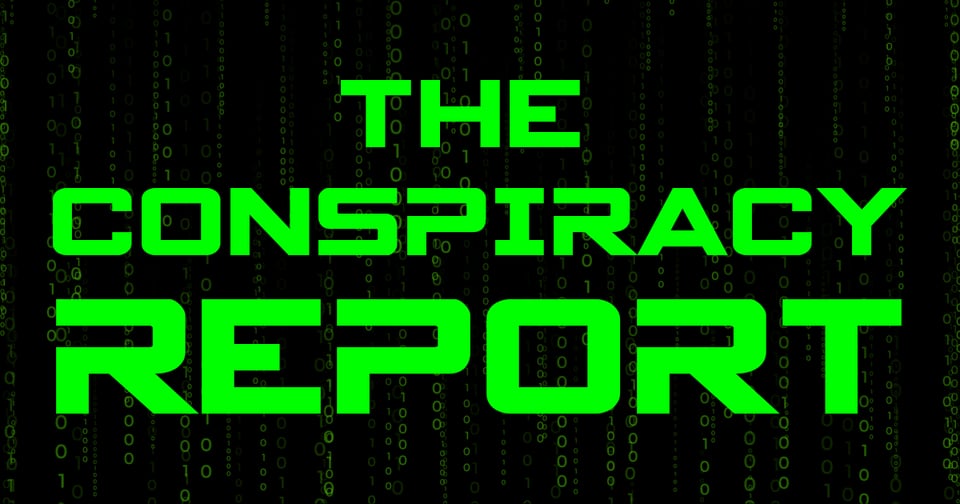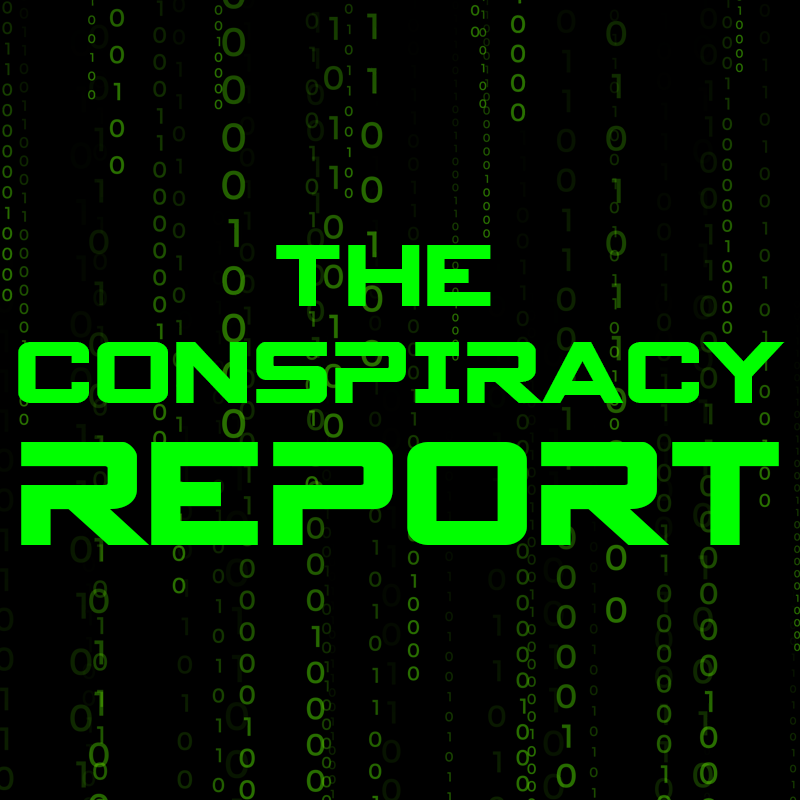
Privacy in America is dead and buried. The current population of the United States is estimated at somewhat over three hundred and forty million people. The estimated number of surveillance cameras in the United States is around eighty-five million…
By Egon E. Mosum
Nineteen eighty four wasn’t a very good year in the novel by that name. But it appears that American society and infrastructure is rather fond of that year.
Because it appears that we are celebrating it every day of every year, and everywhere.
Some sixty years ago, there was a humorous television show titled “Candid Camera’. The show played pranks on unsuspecting people, and it was filmed for all in the audience to see.
Nowadays, the situations aren’t all silly, and the cameras are anything but candid.
And it’s not just cameras, it’s our computer that tracks our every move, it’s the virtual ‘assistant’ that records our every command.
Privacy in America is dead and buried.
The current population of the United States is estimated at somewhat over three hundred and forty million people. The estimated number of surveillance cameras in the United States is around eighty-five million.[1] (That was a 2021 estimate).
Do the math and you get one surveillance camera for every four people in the country. In New York City alone, just counting municipally operated cameras, we are talking about twelve thousand.[2]
Then of course, there are the private cameras, the security cameras, the drones.
Advocates for these ubiquitous cameras spout off about reduced crime rates. Depending upon the crime and the location, there have been some reductions. But not as much as one might think, and at what cost to individual privacy rights?
The greatest reduction of crime by the use of Closed-Circuit Television (CCTV) cameras is in the places where the public parks their cars. The estimated reduction of crimes in this space is fifty one percent.
Nice to know our hubcaps have a better than equal chance of remaining in situ.
After you leave your car in the parking lot, and take a walk through the town center, your camera benefit goes down, and only a ten percent reduction of crime is reported.
If you are in a housing project, or a gated community, or if you’re taking public transportation, the presence of closed-circuit television cameras does virtually nothing to reduce crime. But it does a great job of encroaching on your privacy.[3]
In a 2004 Australian study, while video surveillance did reduce property related crimes, it had no measurable effect on violent crime.[4]
In a report by the American Civil Liberties Union, it was revealed, ‘There is extensive academic literature on the subject — studies carried out over many years — and that research strongly indicates that video surveillance has no statistically significant effect on crime rates.’[5]
That report reflected a study between 2000-2008.
While both public and private users of video surveillance have gone to great lengths to make their cameras ubiquitous, the impotence to affect violent crime within a short length of the camera lens demonstrates little more than trick photography.
In that aforementioned American Civil Liberties Union report, it was stated ‘Regarding violent crime, there appeared to be no statistically significant change in the level of crime anywhere in the 500 foot range around the cameras. When violent crimes were disaggregated, a decline in homicide was observed within 250 feet of the cameras, however this reduction was offset completely by an equal increase in homicides between 250 and 500 feet from the cameras.’
So at best, these surveillance devices have made our society’s murderers a tad camera shy.
It appears that their victims weren’t ready for their close up.
Members of the public are not all enthusiastic fans of this society under surveillance.
In a 2013 Harvard Law School Law Review article, it was posited, ‘Surveillance menaces intellectual privacy and increases the risk of blackmail, coercion, and discrimination; accordingly, we must recognize surveillance as a harm in constitutional standing doctrine.’[6]
Imagine a peaceful protest being carried out in public regarding some issue or another. There is the exercise of free speech and the right to assembly.
Now imagine that some governmental agency, city, state or federal — or all three have their cameras trained on the protestors.
It doesn’t take much imagination to conjure up a society that instead of having free speech and freedom of assembly, there is fear in the population, fear of who is watching, and what their intentions are in watching.
Regardless of the lighting conditions in which the surveillance is taking place, there will be a definite shadow cast on certain constitutional rights of our citizenry.
Besides privacy rights being negatively impacted, surveillance activities such as government red light cameras can sometimes unjustly lighten the wallets of the public, when they are found to be, or the interpretation of their images are found to be, erroneous.
Your author, in his role as an attorney, once defended an innocent driver when a red light camera took a blurry picture of a car that was the same make as his, but only had a blurry image of the license plate — and the police got it wrong, by one digit.
Fortunately, the client was acquitted.
More seriously, biometric identification cameras can not only be biometric, but racially biased and cause misidentification of people who are of a darker complexion.
Researchers have reported results that demonstrate, ‘Across all the datasets and systems, we generally find that photos of individuals who are masculine presenting, older, of darker skin type, or have dim lighting are more susceptible to errors than their counterparts in other identities.’[7]
Back to the red light districts of the highways, there are states that have outlawed cameras in search of red light violators — not surprisingly, the state of Texas in 2019 said ‘Sorry, but this state isn’t big enough for them thar cameras, and outlawed them.[8]
Now Texas may be the lone star state, but it isn’t alone in banning these cameras, as they have also been banned in Maine, Mississippi, Montana, New Hampshire, South Carolina, South Dakota, Texas, and West Virginia.’[9]
WHY YOU SHOULD CARE
Since the twenty first century began our society has seen a geometric progression in the use of surveillance cameras and other recording devices targeted at our citizenry.
It’s no surprise that the government invokes the magic words of security or national security, or traffic safety, or some other mantra to excuse its encroachments on our constitutional rights.
But the reality is the greatest effect of this surveillance state is the diminution of constitutional rights, while only a marginal safety or security effect is realized.
Many of the readers served in the military and swore to uphold and protect the constitution of the United States. Some readers may be attorneys under the same obligation.
But regardless of your personal history, you, the reader in the United States are the intended beneficiaries of the rights guaranteed to our citizenry.
You have the right to free assembly, the right to freedom of speech, you have privacy rights — these are not suggestions or privileges — they are rights.
As surveillance cameras and other similar devices become more widespread, those aforementioned rights become less widely safely exercised.
Some states are making progress in retarding the progress of ubiquitous surveillance, and are trying to turn the calendar back from nineteen eighty-four.
Do you live in one of them?
[1] https://www.videoexpertsgroup.com/glossary/how-many-surveillance-cameras-in-the-world
[2] IBID
[3] https://actuate.ai/security-resources/cctv-stats/
[4] CCTV AS A CRIME PREVENTION MEASURE 1/27/04 https://www.aic.gov.au/sites/default/files/2020-05/crm018.pdf
[5] EXPERT FINDINGS ON SECURITY CAMERAS Biale, ACLU https://www.aclu.org/sites/default/files/images/asset_upload_file708_35775.pdf
[6] THE DANGERS OF SURVEILLANCE Richards, 5/13 https://harvardlawreview.org/print/vol-126/the-dangers-of-surveillance/
[7] FACE DETECTION STILL HAS PROBLEMS WITH DARKER FACES 2023 https://racismandtechnology.center/2023/07/18/current-state-of-research-face-detection-still-has-problems-with-darker-faces/
[8] TEXAS STATE LAW LIBRARY 2025 https://guides.sll.texas.gov/recording-laws/red-light-cameras
[9] CONSUMER SHIELD 7/8/25 https://www.consumershield.com/articles/are-red-light-cameras-legal
